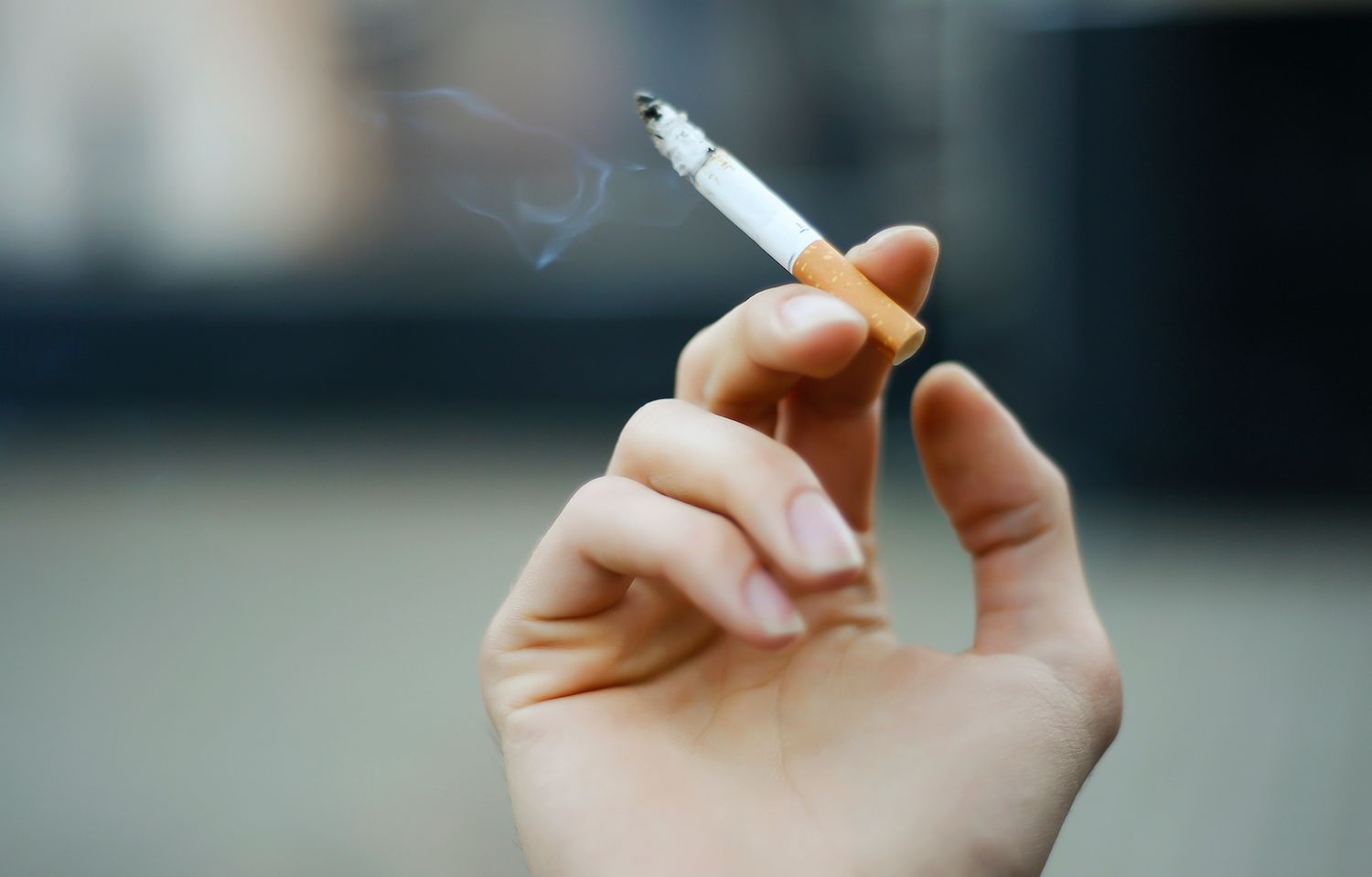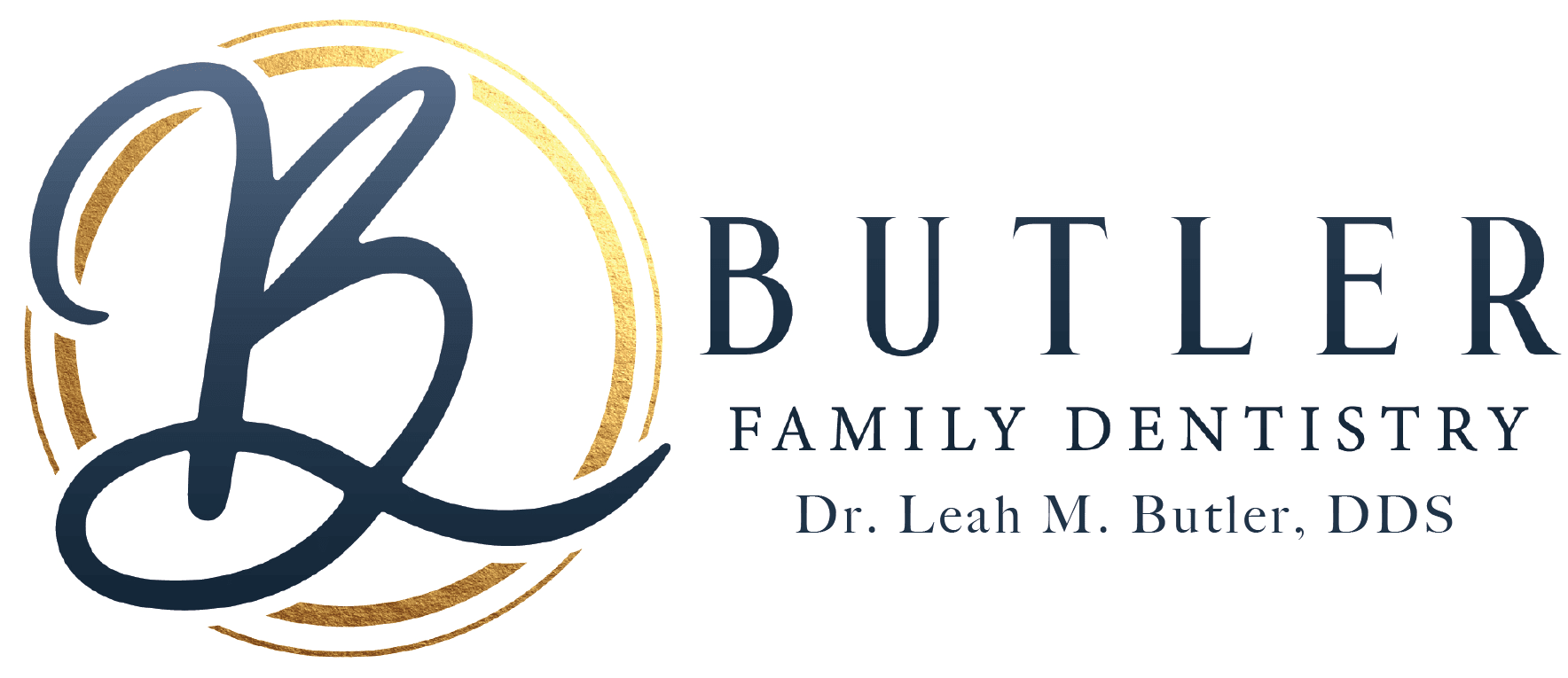Tobacco use, whether smoking or chewing, is a significant risk factor for poor oral health. In fact, the chemicals found in tobacco can cause various dental issues, from yellowing teeth to gum disease or tooth loss. If you smoke cigarettes or chew tobacco, you must understand the risks to your oral health.

The Effects of Tobacco on Oral Health
Many studies link tobacco use to a variety of different oral health issues.
Cosmetic Issues
One of the most common cosmetic issues associated with tobacco use is stained teeth. Smoking or chewing tobacco can cause teeth to become stained and discolored, making them appear yellow or brown. This is because nicotine clings to the surface of your teeth, staining them more easily.
Additionally, tobacco use can also cause bad breath, which can be unpleasant for both the smoker and those around them.
Dental Concerns
A major concern for tobacco users is gum disease—an infection of the soft tissues supporting teeth. Smoking and chewing tobacco can damage the gum tissue and receding gums. If left untreated, gum disease can cause serious issues for your mouth and your body.
Tobacco use can also increase the risk of tooth decay. This is because the chemicals in tobacco can damage the enamel and make it easier for bacteria to grow. As a result, tobacco users are more likely to develop cavities or tooth loss.
Cancer
Smoking and chewing tobacco are the leading causes of oral cancer, which can be life-threatening if not detected and treated early.
Why Tobacco Causes Missing Teeth
One of the more serious side effects is tooth loss. Smoking and chewing tobacco can lead to gum disease, a major cause of tooth loss. Gum disease is a bacterial infection that affects the tissues and bones that support the teeth. Unfortunately, gum disease can cause the gums to pull away from the teeth, creating pockets that fill with plaque. Over time, this can cause the bone and tissue that hold the teeth in place to break down, leading to tooth loss.
In addition, tobacco use can also slow down the healing process after dental procedures, such as tooth extraction or gum surgery. This means that smokers and tobacco chewers are more likely to experience complications after dental procedures, increasing the risk of tooth loss.
How to Protect Your Oral Health if You Use Tobacco
If you do consume tobacco products, the best way to protect your oral health is to quit. While this effort can be challenging for many people, resources are available to help you quit. You can look into nicotine replacement therapy or other supportive options. This can include counseling or support groups.
If you are not ready to quit, there are still things you can do to protect your oral health.
Your daily oral hygiene routine is vital for keeping your mouth healthy. Therefore, it is important to brush and floss regularly to remove plaque and other harmful substances from your mouth. Additionally, regular dental checkups can help improve your oral health and detect potential dental concerns before they cause significant damage.
If you can, limit your consumption of other foods that may harm your enamel, including sugary or acidic foods. Unfortunately, this can increase your chances of tooth decay or gum disease.
